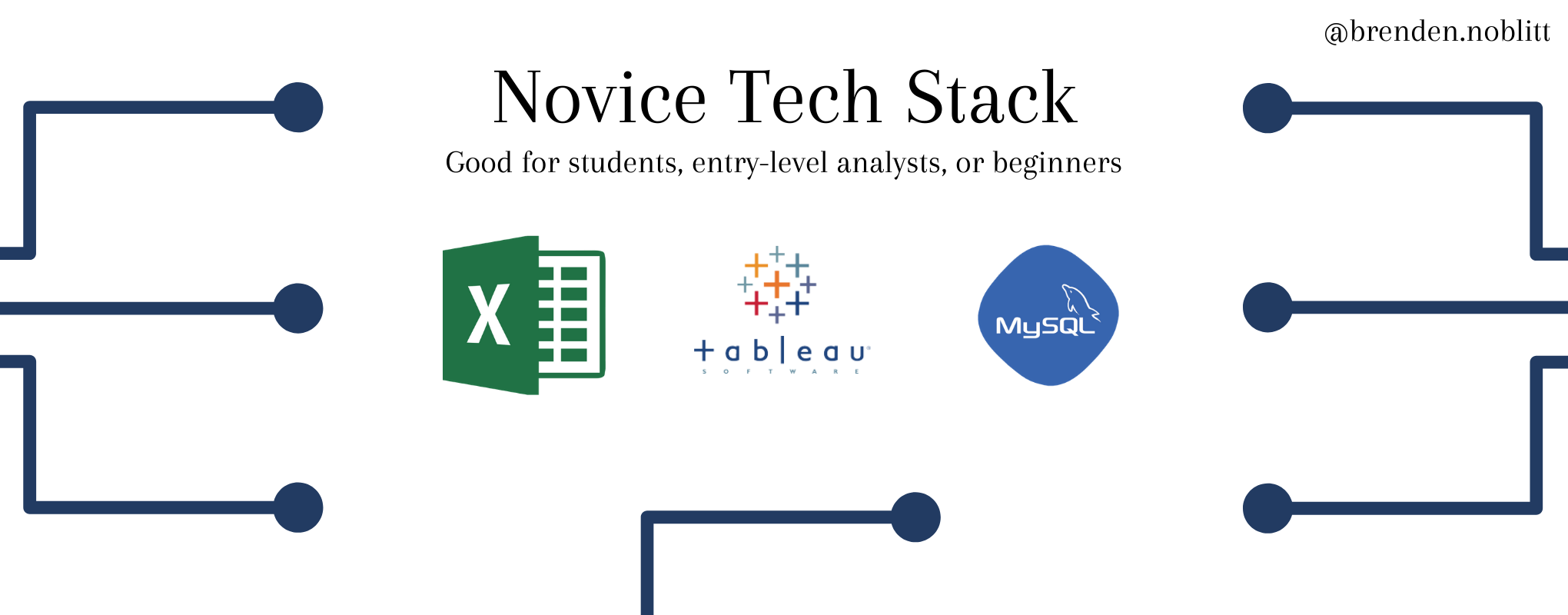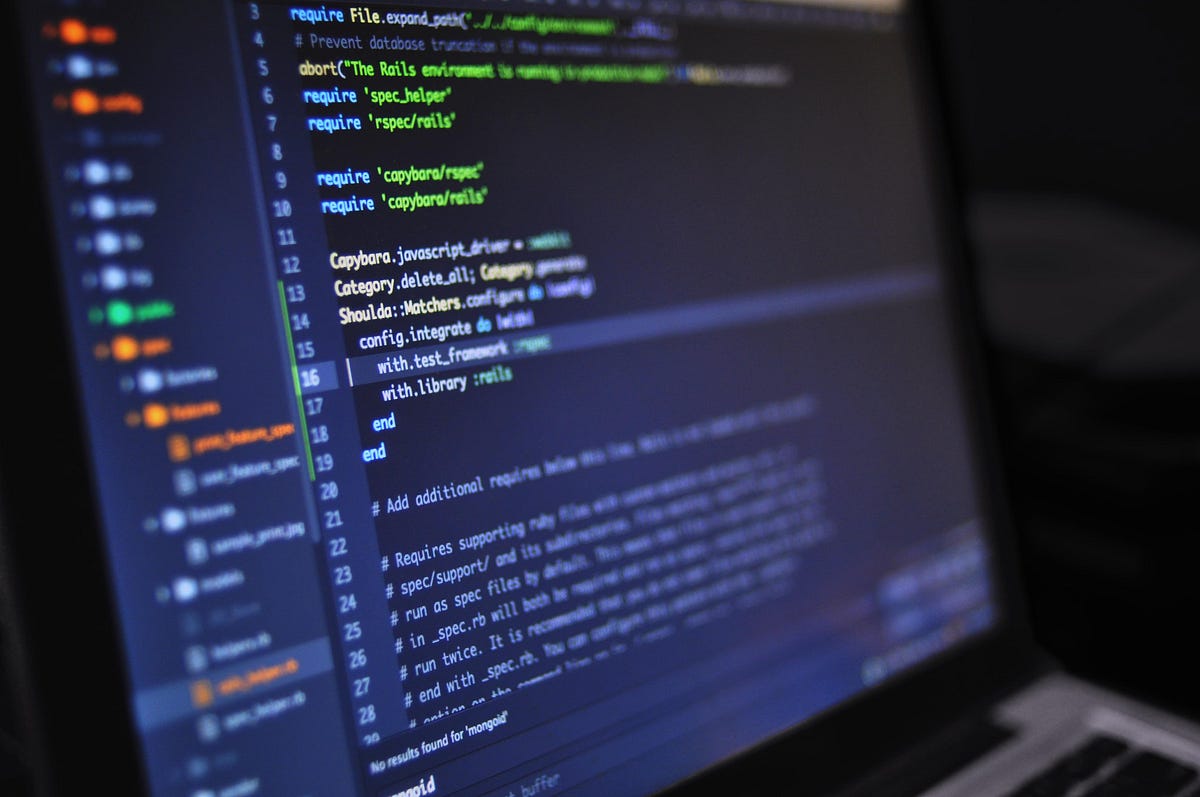During my internship this summer, I have spent an immense amount of time outside the office learning new technical skills, as well as refining my old ones. While I am finishing up my marketing automation/analytics internship, the tenure marketing analyst I’ve had the privilege of working with has a very strong technical background, and has taught me some things I never would have thought of.
When I started my journey into analytics and data science, I had a very small tech stack. Not to say that knowing a million languages and tools will help, but the tools I had experience with had very little relationship to analytics and data science. Now every tech stack is different and valuable in its own way, however, I wanted to provide some perspective on different tech stacks I’ve seen from colleagues of mine, as well as my own!
Many of you will see that my tech stack is not the most advanced thing in the world. I am not an AI expert or machine learning guru, as I am still learning, and will be for quite awhile, even after college graduation. What I have learned, however, has been able to help me so far, so I hope to give some direction to anyone who is self-teaching themselves or is moving from a business discipline into analytics and data science. Let’s get into it!
Disclaimer: I am not a full time data professional, I am simply relaying my experience from my summer internships and personal practice. This is not meant to tell you what exactly you need to know,rather, this is to give you some practical advice from experiences I’ve had. For advanced technical information, please check out Towards Data Science. If you are interested in some advice to help you get started in analytics, keep reading!
I. Novice Tech Stack

- Microsoft Excel
- Tableau
- SQL
This is all you need to get started! You don’t need to know Python right off the bat or a NoSQL database. Something I learned the hard way is that you need to know things like how to ask questions, how to look past the numbers, and how to think like a data professional before you start coding and modeling. Every great musicians learns basic music theory before they learn their instrument, as do data professionals learn the trade before the tools. After I toned back my many lessons in many different tools, I brought it back to these three tools. I’m going to be honest with you all as well, these are probably the three most commonly used tools in entry-level analytics. Most of the professionals who do the modeling and machine learning at my internship are at least 7–10 years into their careers, and that is only their specialty. All the analysts and data scientists at my internship use these three tools in some capacity. You can do all your analysis, ETL, and database management with these three tools. Now are they the fastest or most fun? Personally I like SQL, but for the most part, it isn’t as exciting as Python or other advanced tools. These tools, however, are a great way to get started learning basic concepts!
#beginner #tech-stack #data-science #data #education #data analysisa
